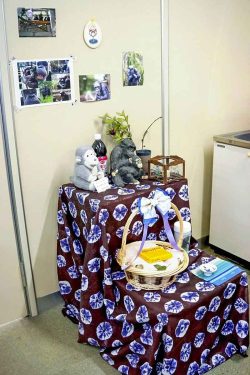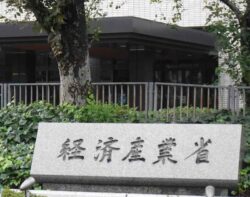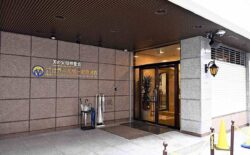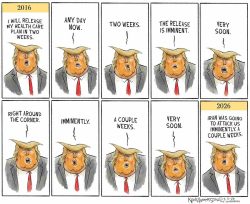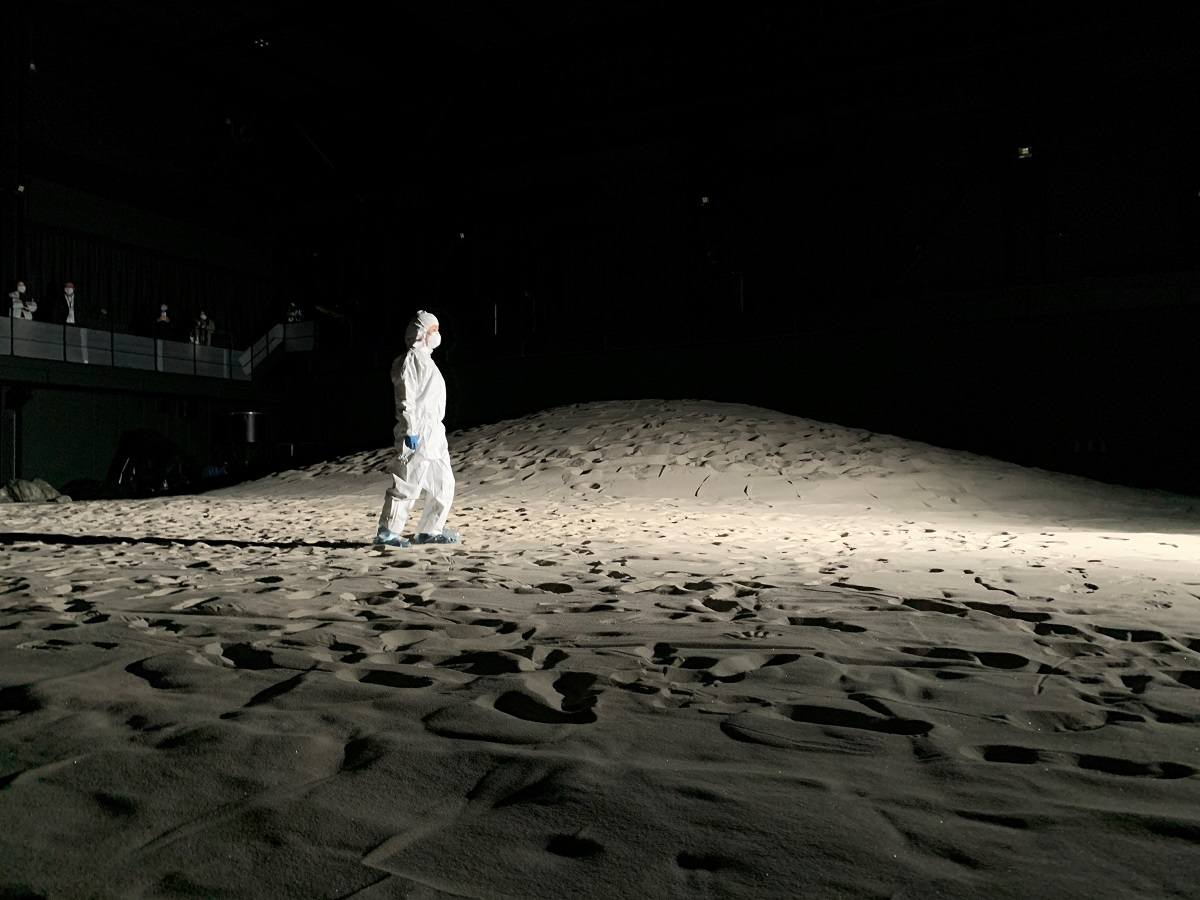
In mid-January, JAXA opened to the media a facility simulating the lunar surface in Sagamihara, Kanagawa Prefecture, which was used for the final test to select new Japanese astronauts.
8:00 JST, February 4, 2023
Astronauts who explore the mysteries of space as representatives of humankind have always been popular. It is often said that they are a symbol of international harmony because their shared work and lives in space transcend nationality, gender and race as they tackle numerous challenges together.
Astronauts often rank high on Japanese children’s lists of “what I want to be in the future.” Manga about astronauts are also popular. The comic “Space Brothers,” featuring astronaut brothers Mutta and Hibito Namba, has sold more than 30 million copies, including electronic editions.
As for me, I remember watching astronaut Mamoru Mohri board the Space Shuttle Endeavour and float inside under weightless conditions on TV when I was in elementary school in 1992. It really thrilled me.
However, a scandal has occurred that undermined trust in astronauts. In January, Satoshi Furukawa, an experienced astronaut of the Japan Aerospace Exploration Agency (JAXA), was disciplined. This was due to research misconduct, including falsification and fabrication of data in medical experiments over which he had supervisory responsibility. This is the first time in Japan that an astronaut has been disciplined.
The medical experiments were conducted for two years starting in 2016. The plan was to have 40 participants who were recruited from the public spend two weeks in a closed facility simulating the sealed environment of a spacecraft and to examine their stress levels through blood tests and psychological interviews with a psychiatrist. Later, some serious errors in the experiment were discovered. After JAXA examined the study in detail, it was discovered that the results of the stress interviews had been rewritten and that nonexistent data had been added to the study.
Two researchers on Furukawa’s team committed the research fraud. They gave vague explanations, saying that they were busy and that they did not remember the circumstances well. Experts have warned that the data may have been molded to fit the conclusions they wanted to obtain. Furukawa was in an important leadership position as the person responsible for the research, but he said that he rarely checked the data from the experiments.
According to the investigation report released by JAXA, in addition to the space medicine experiments led by Furukawa, there have been several other JAXA medical research projects in which the results of experiments were not properly recorded and stored, and the credibility of the data was found to be lacking in many cases. Compared to JAXA’s other areas of expertise, such as the development of spacecraft and rockets and the observation of planets and deep space, not a few medical research projects may have been conducted under improper management systems for a long time.
Furthermore, I would like to point out that Furukawa himself made some big mistakes. One person who was involved in the medical experiments said he advised Furukawa to review the research plan because it seemed unreasonable, but Furukawa refused to listen because he wanted to prioritize the plan. It was not easy for Furukawa to manage a lot of medical experiment plans in parallel with his daily training and duties as an astronaut, but he did not seem to listen to the advice of his colleagues. While it is commonly believed that astronauts can do anything, Akira Sawaoka, president emeritus of Daido University, has pointed out: “Astronauts are not perfect. It is important to follow up with those around us.”
Furukawa is scheduled this year to stay on the International Space Station for six months. In the wake of the scandal, attention was focused on whether Furukawa’s stay would be canceled or not, but JAXA explained that “the qualities of an astronaut are different from those of a principal investigator,” and stressed that there would be no change in his plans for his stay on the ISS.
Here, we need to consider again whether JAXA’s explanation is correct. What are the qualities required of astronauts? On the ISS, astronauts live with colleagues from other countries in a closed space for a long period of time. There are also life-risking missions such as extra-vehicular activities. Knowledge and skills to carry out missions related to the project are of course necessary, but the most important thing is the ability to cooperate with others, to listen to their opinions and seek solutions to problems.
Since last year, JAXA has been conducting tests to select new Japanese astronauts to participate in the Artemis international lunar exploration program and other projects. This is the first time in more than 10 years that JAXA has conducted a selection examination. A record number of over 4,000 applicants have applied, and several will be selected as candidates to be future astronauts at the end of February.
In mid-January, JAXA opened to the media the laboratory building in Sagamihara, Kanagawa Prefecture, that was used for the final selection test. The environment simulating the lunar surface was prepared with fine sand and realistic lighting, and the 10 examinees, who were divided into three teams, assembled a small rover and drove it on the “lunar surface” by remote control. As it can be seen from this test, JAXA requires teamwork and leadership within a group as qualities of an astronaut.
In the ongoing story of the comic “Space Brothers,” Mutta and Hibito have landed on the moon and are exploring the lunar surface. The brothers are popular among readers, but not because they are perfect. It is the way they overcome the unimaginable challenges they face in the harsh environment of the moon’s surface by cooperating with the other astronauts and their colleagues on Earth. In the real world, as early as 2025, American astronauts are expected to go to the moon for the first time in about half a century, and the role of astronauts will become increasingly important. I hope that Japanese astronauts will learn from this scandal as an important lesson and perform well so that children will be thrilled and inspired.
Political Pulse appears every Saturday.
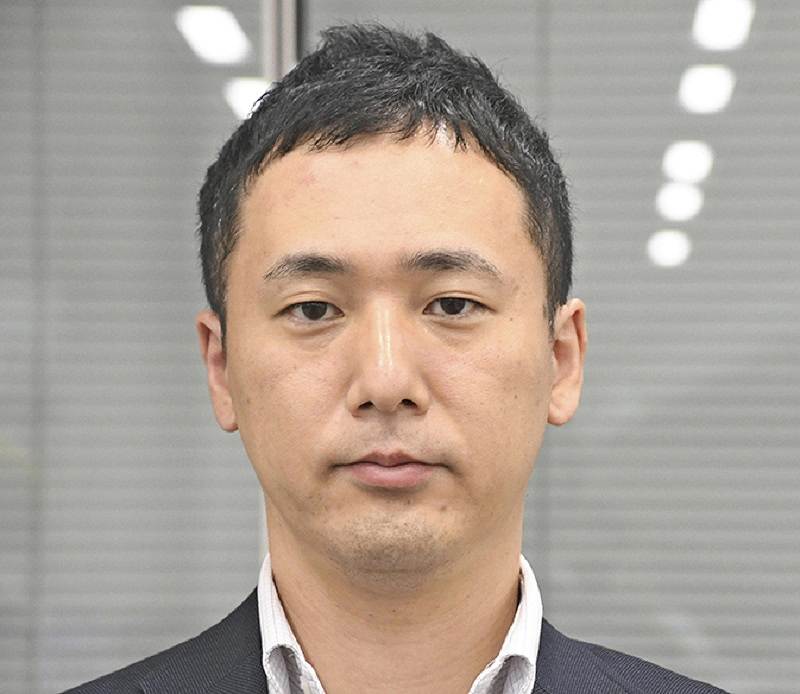
Sho Funakoshi
Funakoshi is a staff writer in the Science News Department of The Yomiuri Shimbun.
Top Articles in Editorial & Columns
-

Riku-Ryu Pair Wins Gold Medal: Their Strong Bond Leads to Major Comeback Victory
-

Reciprocal Tariffs Ruled Illegal: Judiciary Would Not Tolerate President’s High-Handed Approach
-

China Provoked Takaichi into Risky Move of Dissolving House of Representatives, But It’s a Gamble She Just Might Win
-

Flu Cases Surging Again: Infection Can Also Be Prevented by Humidifying Indoor Spaces
-

Japan’s Plan for Investment in U.S.: Aim for Mutual Development by Ensuring Profitability
JN ACCESS RANKING
-

Producer Behind Pop Group XG Arrested for Cocaine Possession
-

Japan PM Takaichi’s Cabinet Resigns en Masse
-

Man Infected with Measles Reportedly Dined at Restaurant in Tokyo Station
-

Israeli Ambassador to Japan Speaks about Japan’s Role in the Reconstruction of Gaza
-

Videos Plagiarized, Reposted with False Subtitles Claiming ‘Ryukyu Belongs to China’; Anti-China False Information Also Posted in Japan






